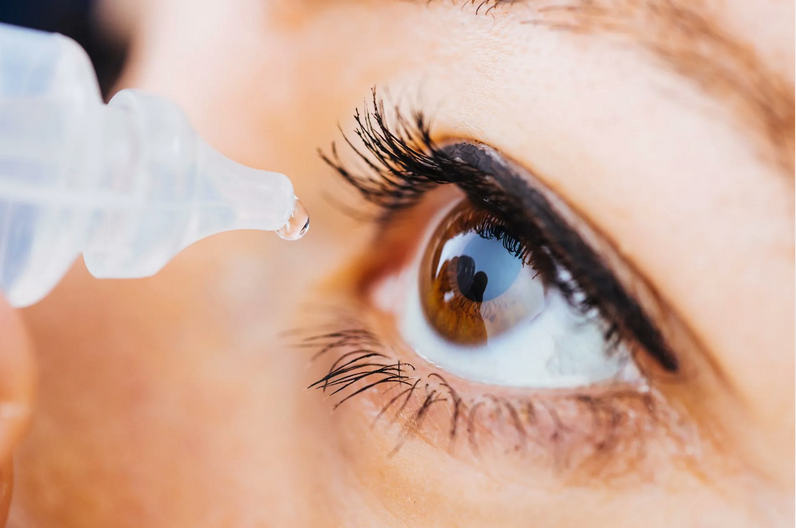Bimatoprost Warnings

Bimatoprost Warnings: What You Need to Know
Bimatoprost is a medication often used for the treatment of glaucoma and to enhance eyelash growth. Despite its effectiveness in these areas, it is essential to be aware of certain warnings associated with its use.
Firstly, it is crucial to follow the prescribed dosage and instructions given by the healthcare professional. Bimatoprost should only be applied directly to the eye or the base of the upper eyelashes, as directed. It should never be ingested or used in higher quantities than recommended, as this can lead to adverse effects or reduced effectiveness.
Another warning to consider is the potential for eye irritation or allergic reactions. While uncommon, some individuals may experience redness, itching, or swelling of the eye after using bimatoprost. If such symptoms occur, it is important to seek medical advice promptly.
Additionally, contacts lens wearers should exercise caution when using bimatoprost. The medication may contain certain ingredients that can accumulate on contact lenses, leading to discoloration or discomfort. It is recommended to remove contact lenses prior to administering bimatoprost and wait at least 15 minutes before reinserting them.
It is worth noting that bimatoprost may cause changes in the appearance of the treated eye or eyelashes. This can include increased pigmentation of the iris, darkening of the skin around the eye, or changes in eyelash length, thickness, or color. While these changes are generally reversible upon discontinuation of the medication, it is advised to discuss any concerns with a healthcare professional.
Furthermore, bimatoprost is not recommended for individuals who have a history of certain eye conditions, such as uveitis or macular edema. Pregnant or breastfeeding women should also consult with their healthcare provider before using bimatoprost, as its effects on unborn or nursing infants are not yet fully understood.
In conclusion, while bimatoprost is an effective medication for glaucoma and enhancing eyelash growth, it is crucial to be aware of and heed the associated warnings. Following the prescribed dosage, being cautious with contact lenses, monitoring for potential eye irritation or allergic reactions, and discussing any concerns with a healthcare professional are essential steps to ensure safe and effective use of Bimatoprost.
C25H37NO4

Is Bimatoprost dangerous?
When using Bimatoprost, local side effects may develop: conjunctival hyperemia, atypical growth of ciliary hair, itching, irritation, blepharitis, cataracts, superficial spot keratitis, photophobia, darkening of the periocular zone, increased iris coloration due to pigmentation, erythema, lacrimation, allergic conjunctivitis, hyposphagma, iritis.
Overdose
Cases of Bimatoprost overdose have not been described.
Use during pregnancy and lactation
The use of Bimatoprost during pregnancy and lactation requires special care. The category of action on the fetus according to the FDA is assigned to “C”, which means that there is no data from clinical studies on its use in pregnant women. Animal studies have shown that when using Bimatoprost in high doses toxic to the mother’s body, there is reproductive toxicity. With oral administration of bimatoprost at a dose exceeding the recommended dose for topical use by 33-97 times, cases of miscarriages were observed. Also, when used at a dose exceeding the therapeutic dose by 41 times, there was a reduction in the gestation period, an increase in the frequency of fetal death and a decrease in the body weight of newborns. Therefore, it is not recommended to use Bimatoprost during pregnancy without strict medical indications.
It is unknown whether bimatoprost is excreted into human breast milk, but animal studies have shown its excretion into breast milk. If it is necessary to use bimatoprost during breastfeeding, it is necessary to carefully weigh the benefits for the child and the need for therapy for the mother. You may have to make a decision to stop breastfeeding or bimatoprost therapy.
There is no data on the effect of bimatoprost on human fertility.